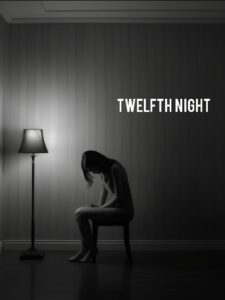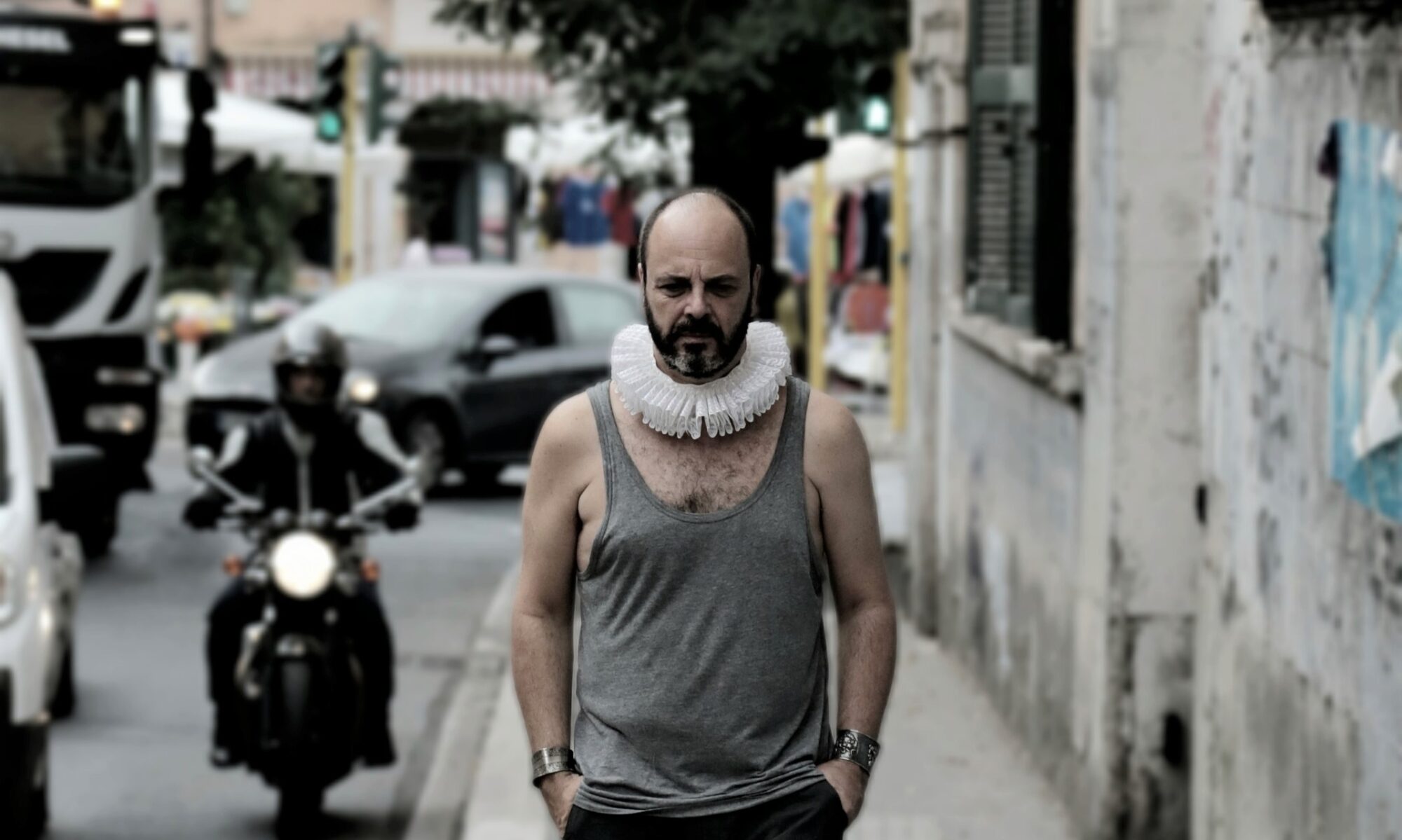
TWELFTH NIGHT is one of the most beloved plays by Shakespeare. It is a light comedy, about love, romance, and full of funny characters. Twins, disguises, and a girl who pretends to be a boy. No one dies, no painful drama, no tormenting doubts, no truths revealed that blind us. And yet it is a play by Shakespeare. It simply cannot be just a futile and superficial circus.
To me, a good idea was that by the screenwriters of the famous movie “Shakespeare in Love” (1998) who got Shakespeare to be starting to write TWELFTH NIGHT inspired by his own unlucky and futureless love. Once Romeo and Juliet has been written and performed, Shakespeare must give up the beautiful Viola, who is forced to marry the baddy, Lord Wessex. Before leaving him forever, Viola invites Shakespeare to write a new play which should somehow celebrate their love. Queen Elizabeth herself, who just attended the premiere of Romeo and Juliet, orders Shakespeare to write a new play, something “more cheerful” for twelfth night. As we all know, “twelfth night” is the night of Epiphany, the twelfth night after Christmas.
In the movie, the genesis of TWELFTH NIGHT springs out of these two requests: on the one hand, a more cheerful play than Romeo and Juliet was, as the Queen commands, on the other, something that celebrates and reminds us of an unfortunate love, as Viola commands. And the play begins precisely with a shipwreck.
Now, comedy or not, how can a story that begins with a shipwreck be more cheerful or lighter anyhow? Categories such as comedy or tragedy did not exist in Shakespeare’s time, nor in his mind, and it was only the eighteenth-century publishers who put the mark of comedy and tragedy on his works. Shakespeare only represented life for what it was and always is, holding “the mirror up to Nature”, as Hamlet claims. In between good and bad, pain and joy, light and darkness, there’s just… everything. And everything makes sense, everything is human, everything is joy and pain, laughter and tears.
I’ve never been stranded. But I do imagine it is not a very fun experience. Some would call it “trauma” and they would be right. All that follows, consequently, would then carry the horrible effects of a post-trauma. Post-traumatic disorders, I guess that’s what they’re called. We can say that the whole of TWELFTH NIGHT is the representation of a post-traumatic disorder. Illyria does not exist, after all. As far as we know, Viola could have even actually died in the shipwreck. She could well be dead in the play, and the entire play could even be taking place in the Afterlife. Or… maybe… she did not die… and everything is pure delirium… staged in some psychiatric ward of some far away hospital. Both shipwrecks in Shakespeare, the one in TWELFTH NIGHT and the one in THE TEMPEST come from a hurricane, a storm, the spin cycle of a crazy washing machine. And since we are talking Shakespeare, this spin cycle is not just that caused by the elements unleashed by Mother Nature. Mother Nature acts on the human being and into the human being. The soul is been turned over and over again, in the blender. Such is all that happens in TWELFTH NIGHT: a colorful wash of madness and various follies.
06.01.25

